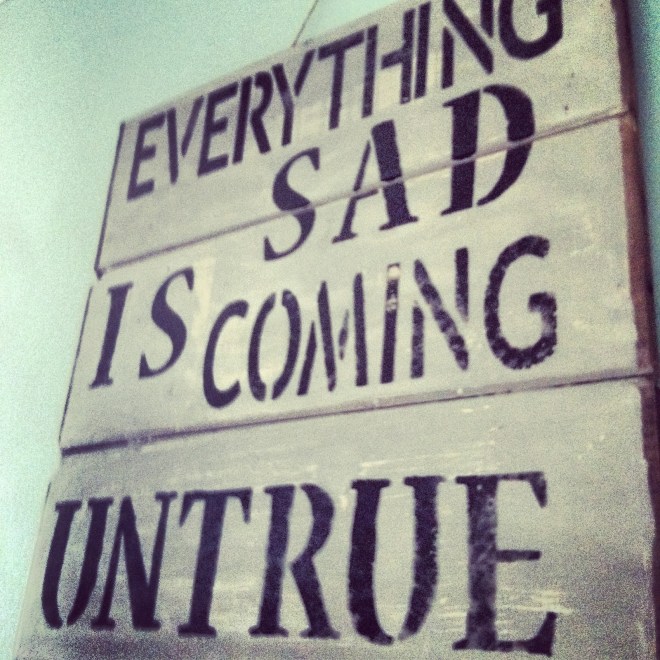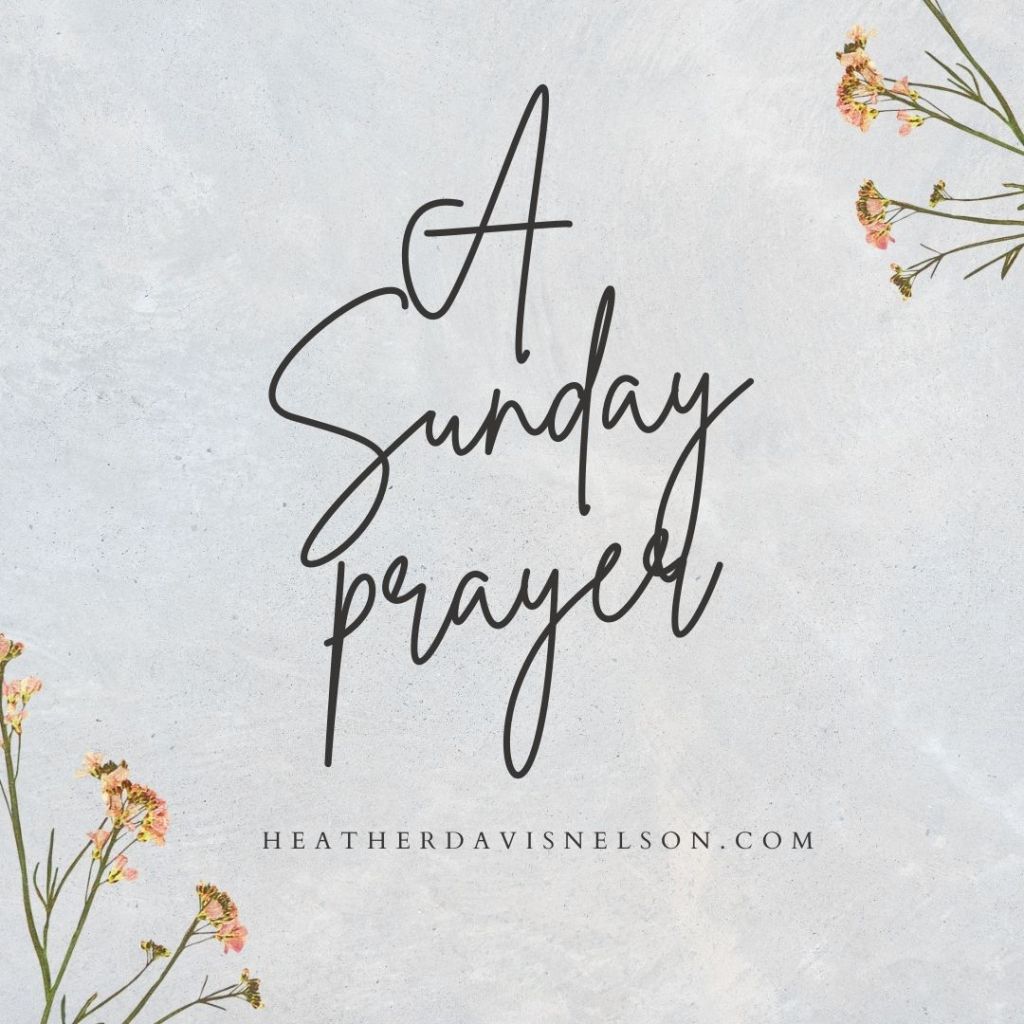Perplexed. Frightened. Startled. Disbelieved for joy. Alarmed. Astonished. Afraid.
All of these describe the response of those who witnessed Jesus’ resurrection. Joy is our primary emotion on Easter morning, but fear overshadowed all else on that first Easter morning. Fear and astonishment. Nestled in the middle of the gospel accounts is this, “disbelief for joy,” and that seems to make the most sense to us. It’s what we can connect to as ones who eagerly proclaim resurrection hope.
I wonder what it would be like to stop and sit in the other responses: perplexed at how this could be – at what this could mean. Frightened, startled, alarmed, astonished to find the tomb empty. This shook those first witnesses to the core. We expect it because we know the end of the story, and we can’t bear to sit with the weight of the grief of Good Friday for long. (I was all too happy that we did a pre-Easter celebration with my daughters yesterday – like skipping the uncomfortable scenes of a movie, we press fast-forward to today’s joy.) But what would it have felt like to go to the tomb early on a Sunday morning, while it was still dark, fully expecting to pay homage to the memory of beloved Jesus, and to find instead that it was empty? Of course Mary’s first response is that someone has stolen the body (John 20:2):
“They have taken the Lord out of the tomb, and we do not know where they have laid him.”
That makes sense. But that Jesus is alive? It is too good to be true. If it’s true, everything changes. And that is perplexing, frightening, and alarming. What will happen next if resurrection has happened? It interrupts with discomfort the order we depended on (even the grief inherent in the old order of things can feel comfortable because it is familiar). If Jesus is alive, what else will change? Do we dare to hope that freedom from Roman oppression will also happen? What does this mean for our mission? Will we die, or will Jesus bring us with him to heaven immediately?
No wonder there are numerous letters written to the early church discussing the implications of Jesus’ resurrection. It changes everything.
What has it changed for you, and for me?
I have hope that I will meet again those who have died. Bethany, Nancy Leigh, Beverlee, Uncle Ashby, Grandmother and Grandfather Davis, Papa, a sister-in-law I never knew (Sarah), Lynn, Karla, Katharine. And you who have lost beloved family and friends will see them again, too – Nan; Liz; Jill; Megan, Kelli, & Patti; Mike & Shelby; the Rodriguez family; Kimberly & Erick; John – thinking and praying for each of you particularly this Easter morning.
I have courage to enter into the messy and broken places of my heart and others’ lives as we grieve to live in between resurrection and full restoration when Jesus returns. I can weep with those who weep, who miss their beloved ones, whose hearts are breaking because of the brokenness of this world. I can sit and mourn without having answers. I can listen and be impacted by the grief of life in a world that’s not yet what it should be.
I can ask my questions and doubts, and create space for you to do the same. Jesus compassionately showed doubting Thomas his scars. He did not berate him for his disbelief. (For disbelief might be one of the most honest first responses to the reality of resurrection.)

photo from poetrystoryteller.blogspot.com
I can choose joy (belief in a bigger purpose, a deeper reality) in the middle of suffering and heartache and frustrations. I have an unshakeable hope waiting for me, guaranteed by the Resurrection. “Everything sad will come untrue,” writesSally Lloyd-Jones in The Jesus Storybook Bible.
I’ll close with one of many teachings on “what now, in light of Jesus’ resurrection?” This one penned by the apostle Paul in 2 Corinthians 4:16-18 –
“So we do not lose heart. Though our outer self is wasting away, our inner self is being renewed day by day. For this light momentary affliction is preparing for us an eternal weight of glory beyond all comparison, as we look not to the things that are seen but to the things that are unseen. For the things that are seen are transient, but the things that are unseen are eternal.”









![Image from Anne Smith's Corner Gallery [December hours Wed - Sat 10am-2pm]](https://heatherdavisnelson.com/wp-content/uploads/2014/12/img_7266.jpg)